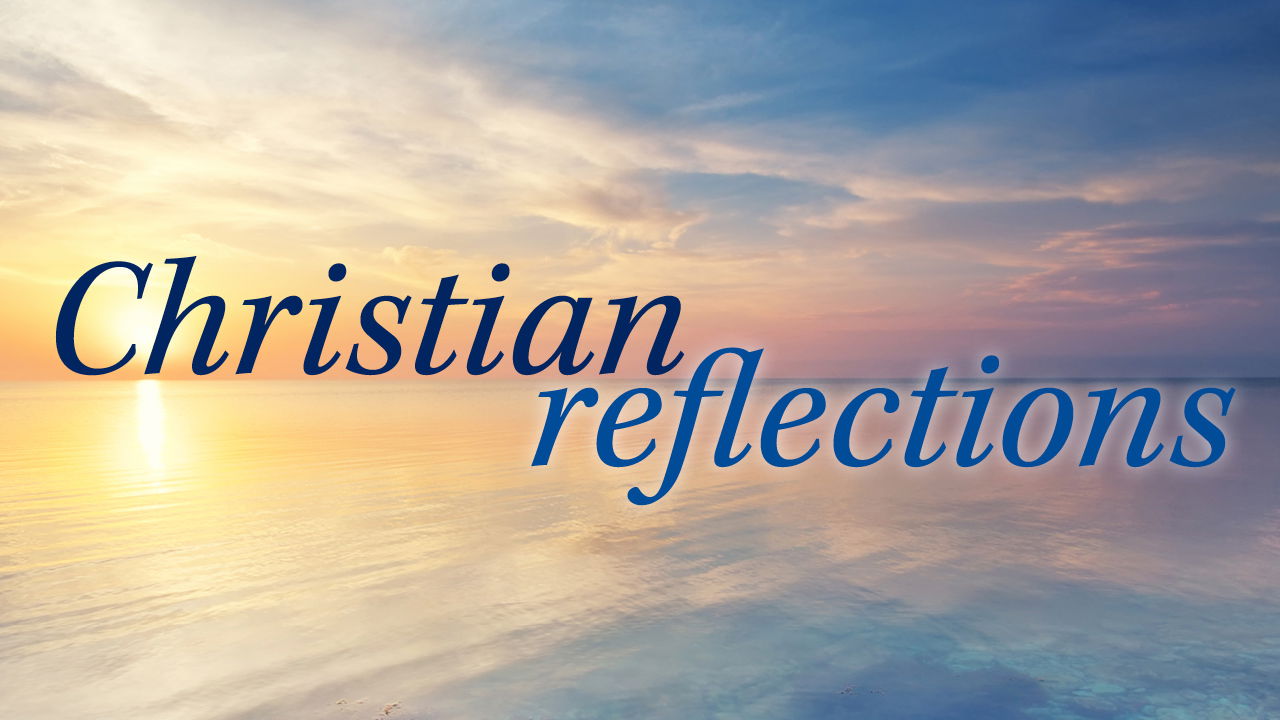Sad songs can actually help

By Charles Christian
A not-so-closely-guarded secret among musicians is that most prefer sad songs. They play fast, “happy” songs to keep crowds motivated and interested. However, many will admit they learn the upbeat songs so they can have an audience to play the slower, sad ones.
This is not because musicians are depressed people as a group, though some certainly are. The reason has to do with the relatability of the songs to those who write them.
Sad songs are often written out of the deep personal anguish and experience of the writers. The opportunity to share these with others is therapeutic, both for the musicians and, as it turns out, the crowds who slow down long enough to hear the songs.
A recent Forbes magazine article noted a study that says such songs can actually bring healing to a “sad heart.” These sad songs, according to a 2016 study, can provide a catharsis — an intentional release — for those experiencing loss or heartache.
Sad songs also provide a sense of empathy for the listener. When listening to sad songs in our times of grief, we tend to either say something like, “I understand what that person is going through,” or, “It’s good to hear that other people experience this depth of sadness,” or even, “Well, at least my situation is not as bad as theirs.” Regardless of the response, most people report sad songs as helpful, according to Forbes.
It’s no wonder that about two-thirds of the Psalms in the Bible, which were the songs of both ancient Israel and the early church, were of lament. Lament is just another word for sadness and grief. This doesn’t mean the church or ancient Israel walked around sad all the time. Instead, the Psalms that contain lament or sadness tended to remind people that God was present and empathetic when it comes to the grief of God’s people.
Consequently, most of these lament Psalms end up with a word of thanksgiving to God and praise for His provision, even though they begin with sadness and complaints.
In Psalm 73, the writer begins by asking God why “the wicked” prospered and seemed to have no struggles, even though God is supposed to be “good.” It goes on to spell out the sad situation surrounding the writer and his people: The wicked are “… always free of care, they go on amassing wealth” (Psalm 73:12).
However, once the writer shares his sad song with God and others, something happens that begins to move him toward healing. He writes, “When I tried to understand all of this, it troubled me deeply until I entered the sanctuary of God …” (Psalm 73:16-17).
From there, the Psalm spends about 10 verses celebrating God’s goodness again, ending with this thought: “But as for me, it is good to be near God. I have made the Sovereign Lord my refuge; I will tell of all your deeds” (Psalm 73:28).
The God who listens and who is there doesn’t mind sad songs. In fact, God has a way of bringing a happier day out of even the saddest of songs.
